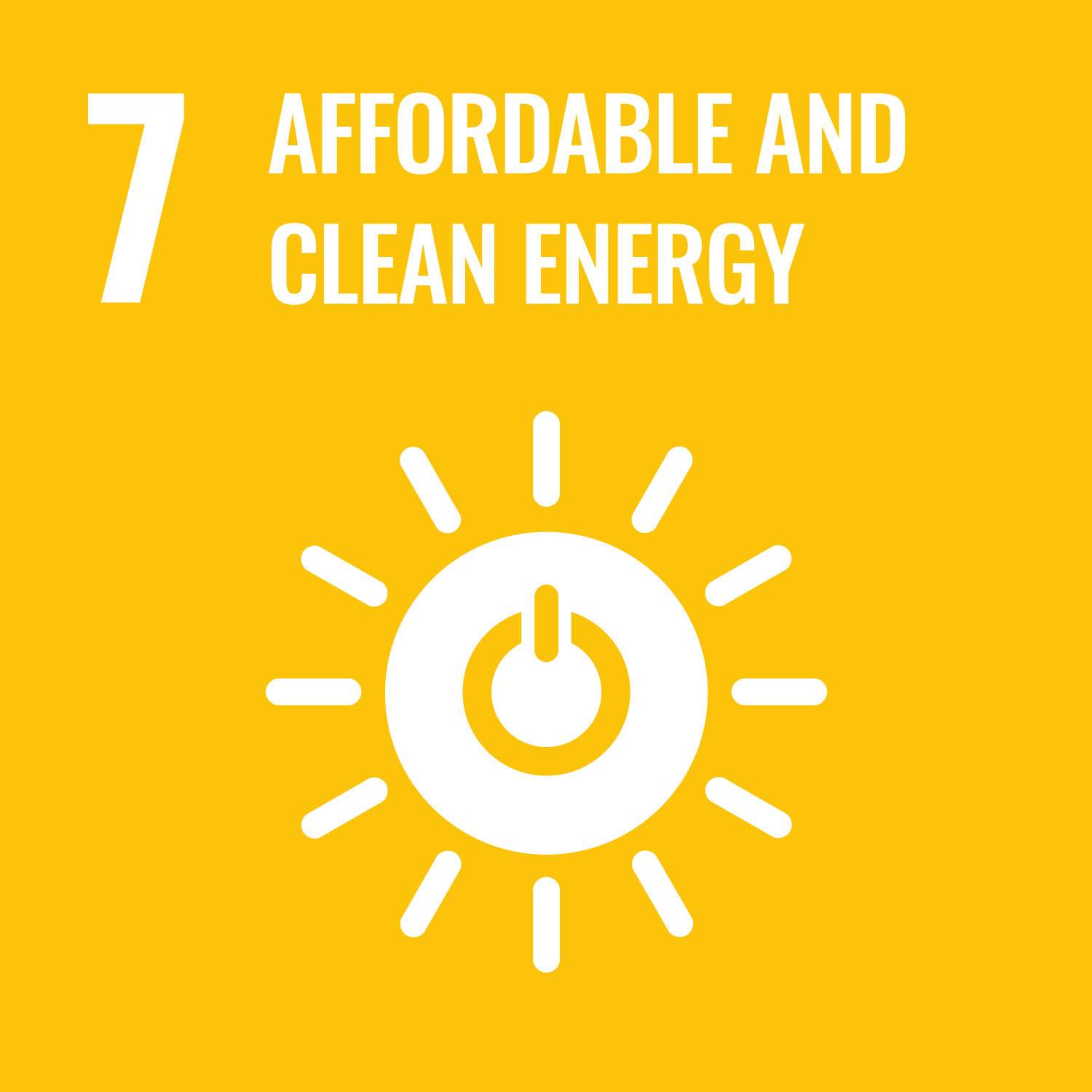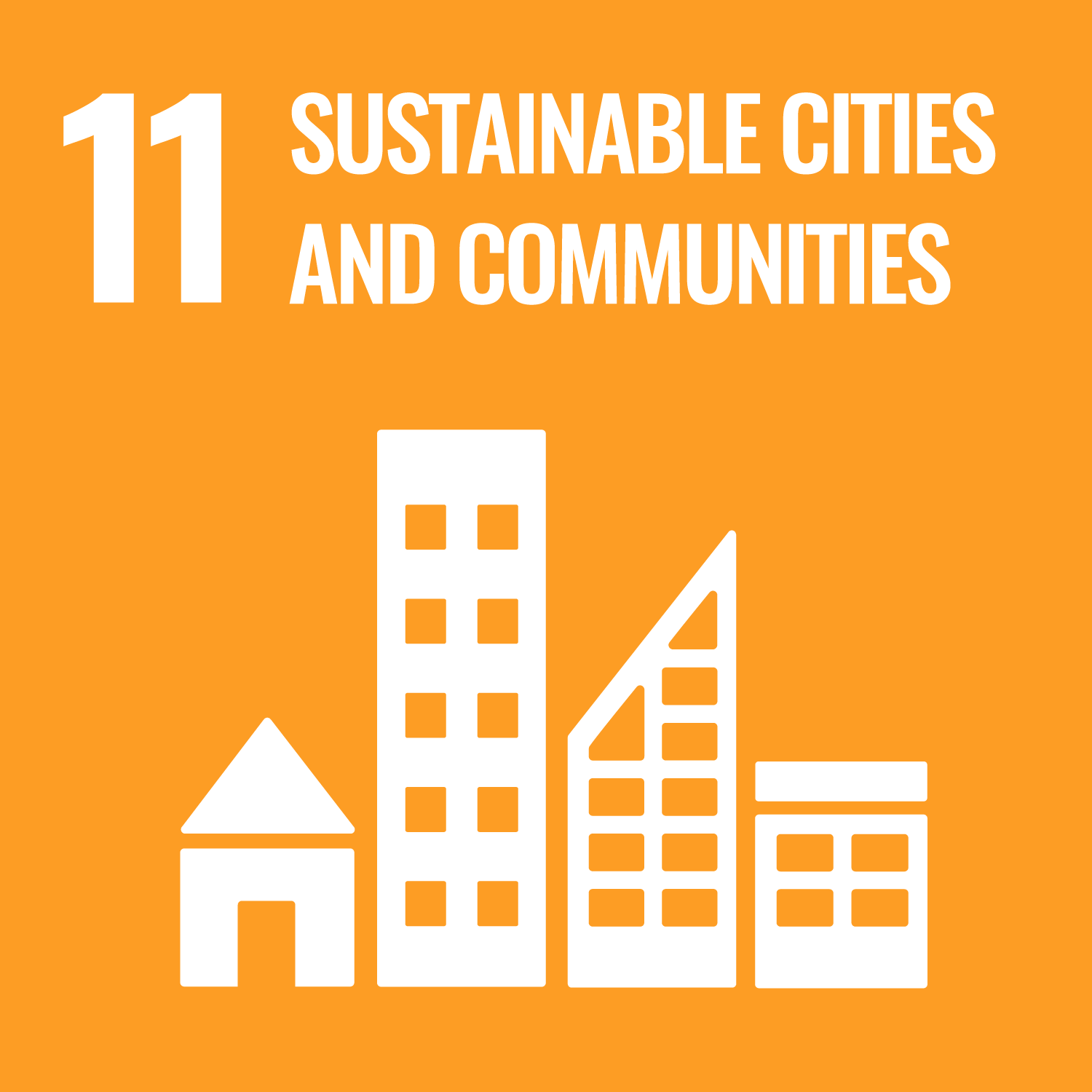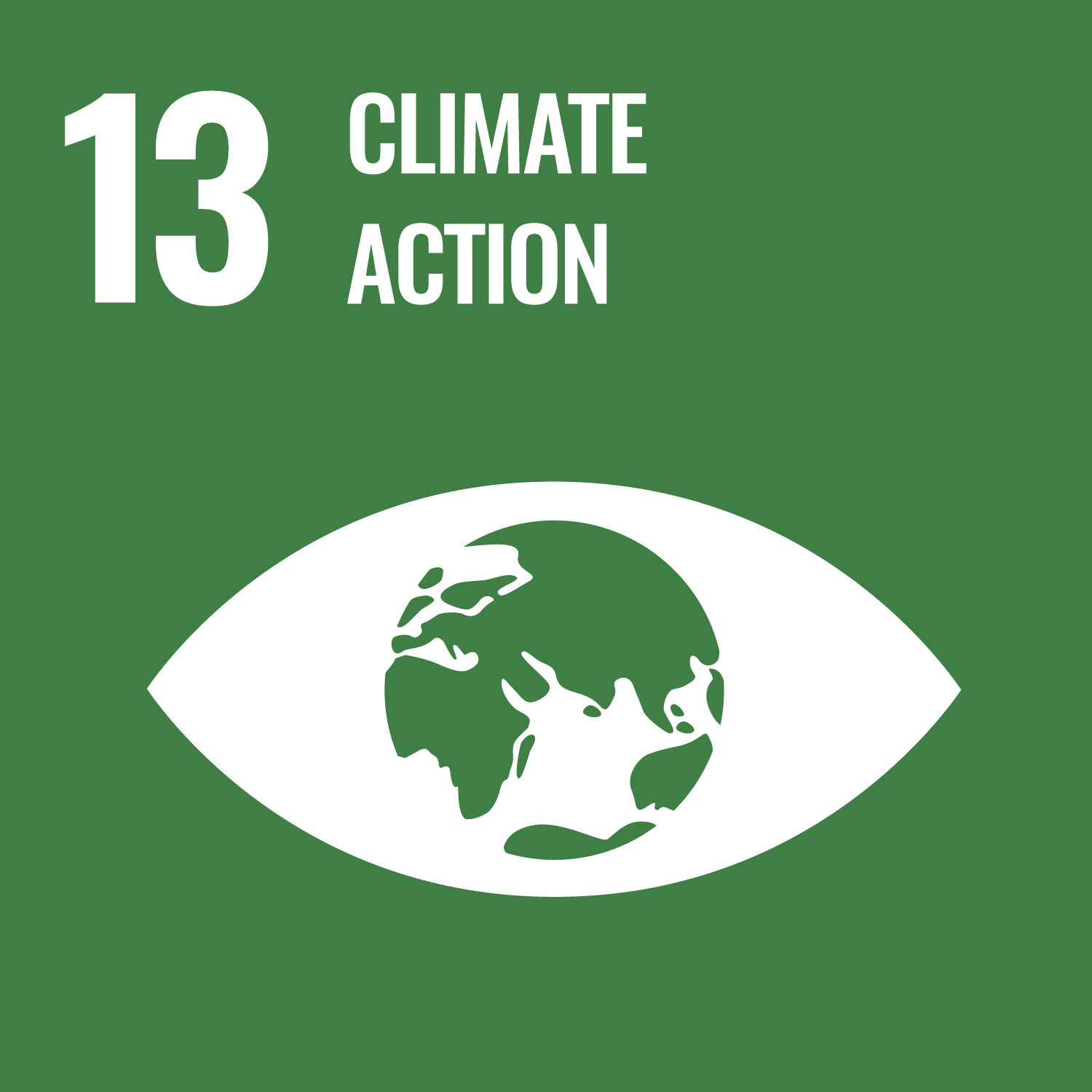At TGN we are committed to providing a sustainable service and reducing the environmental impact of our operations. To this end, we adopt responsible practices that consider the efficient use of resources and energy, the recognition and respect for biodiversity, and the environmental protection.
Lines of action
Emissions Reduction
- We register our Greenhouse Gas (GHG) Emission Inventories on an annual basis, considering scopes 1 and 2, based on the GHG Protocol, in order to design climate actions.
- We perform an analysis of unscheduled safety venting of compressor plants in order to reduce them, and thereby minimize the methane emissions they generate. In the last 3 years, we have managed to reduce these events by more than 50%.
- In view of our climate ambition from now to 2050, we have formed Interdisciplinary GHG Emissions Management Teams to analyze, evaluate and promote the implementation of various actions aimed at reducing harmful gases. As of 2022, we have especially focused on methane due to its global warming potential and because it is the main component of natural gas.
- We have demonstrated uninterrupted compliance for more than 20 years with Environmental Quality Indicator #1 “Control of Combustion Gas Emission" of Resolution ENARGAS 818/19, which reflects US Environmental Protection Agency standards.
Biodiversity
- We have environmental protection processes for all stages of the life cycle of our facilities, prioritizing the conservation of habitats and biodiversity.
- When planning a new facility, we avoid extraordinary sites, whether they are nesting sites, watering places, or sites with a high density of flora and fauna, with protected species.
- When selecting a new site, we conduct environmental impact studies to design conservation strategies and management plans for the construction, operation, maintenance and decommissioning stages.
Waste
- Non-hazardous waste is managed through a program of reduction and separation at source to promote reuse and recycling.
- Waste generated in the units of the head office is managed through the Las Madreselvas Cooperative, which is responsible for revaluing it through recycling.
- For hazardous waste, we have a process that complies with current legislation, including traceability, transportation, treatment and final disposal through authorized companies.
Commitment to the SDGs
In 2022, we conducted a strategic analysis of our contribution to the Sustainable Development Goals. The objective? To identify goals and targets to prioritize, considering the impact opportunities offered by our operational and management practices.
Among the prioritized goals and targets, the following reflect our commitment to environmental stewardship:

7.3 By 2030, double the global rate of improvement in energy efficiency.
7.a By 2030, enhance international cooperation to facilitate access to clean energy research and technology, including renewable energy, energy efficiency and advanced and cleaner fossil-fuel technology, and promote investment in energy infrastructure and clean energy technology.
7.b By 2030, expand infrastructure and upgrade technology for supplying modern and sustainable energy services for all in developing countries, in particular least developed countries, small island developing States, and land-locked developing countries, in accordance with their respective programmes of support.

11.2 By 2030, provide access to safe, affordable, accessible and sustainable transport systems for all, improving road safety, notably by expanding public transport, with special attention to the needs of those in vulnerable situations, women, children, persons with disabilities and older persons.

13.2 Integrate climate change measures into national policies, strategies and planning.
